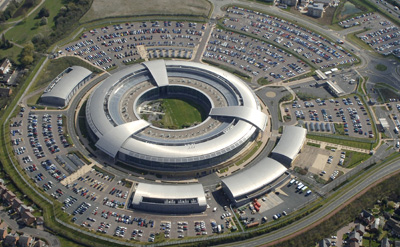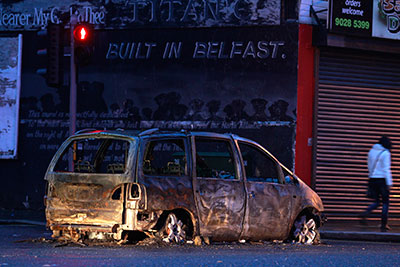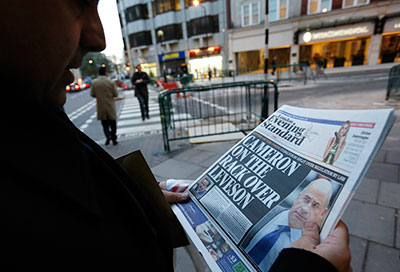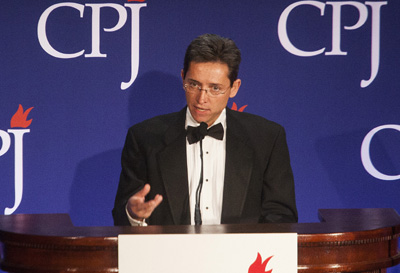Groups call for EU action against mass surveillance
Recent revelations of American and British mass surveillance of digital communications have triggered an intense mobilization of European free speech and civil liberties organizations, which have launched an online petition calling on leaders of the European Union to halt the practice. The #dontspyonme campaign was presented by Index on Censorship, an independent, British, free speech…

In Woolwich aftermath, UK revives ‘snooper’s charter’
Key elements of the British Communications Data Bill, known as the “snooper’s charter” by its critics, have returned to the political agenda in the month since two suspected jihadis fatally stabbed Lee Rigby, a 23-year-old soldier, in London’s southeast Woolwich district. The bill, which would have given police and security services greater ability to monitor…

Threats to Northern Irish journalists on the rise
The Police Service of Northern Ireland has informed a Belfast-based reporter that dissident republican groups, opposed to the peace process, have issued a death threat against her, the British National Union of Journalists said this week. The threat came after the journalist published a story in a local Sunday newspaper claiming an Irish republican group…
Responding to Hacked Off
Some years back during a visit to the Gambia–the West African nation ruled by a thin-skinned and mercurial president, Yahya Jammeh–I holed up in the sweltering Interior Ministry and pressed officials to release imprisoned journalists and ease up on the country’s brutal media crackdown. The officials resisted, arguing that the press in Gambia was “reckless…

In UK, medieval tactics may save modern media
The long-awaited reform of libel laws in the United Kingdom skirted with collapse this week due to political infighting in the aftermath of the Leveson report on media ethics–the public inquiry that resulted from the News Corp. phone-hacking scandal. With that disaster narrowly averted, attention has turned to what may turn out to be a…

In Syria, the quandary of freelance news coverage
Forces on all sides of the Syrian conflict that have tried to censor news coverage through violence have won a round. By sharply increasing the risk for reporters covering the civil war they have forced news organizations to think twice before sending their staff to the battlefields. In a worrying development they even have led…

Setback in O’Hagan murder must not mean case closed
More than 11 years have passed since investigative journalist Martin O’Hagan was murdered near his home in Lurgan, Northern Ireland, and the case has not been solved. Last week Northern Ireland’s public prosecutor announced a major setback to the case that has colleagues worried it never will be.

Awardees say indignation trumps intimidation
The battle for a free press sometimes feels like a war between indignation and intimidation. Journalists learn of abuses of power, crime, or corruption, and–indignant–they speak out. In response, the perpetrators of those abuses–be they government officials or criminals–try to intimidate the journalists into silence with threats, lawsuits, jail, or even murder. Last night, the…